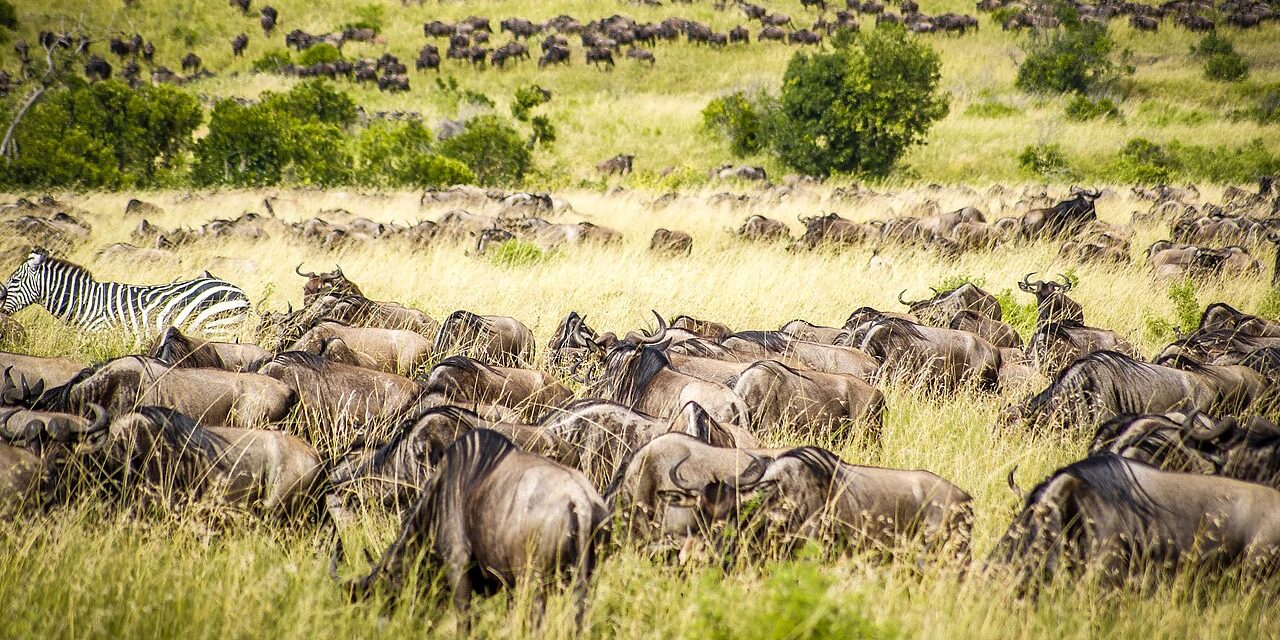Climate News: Wildlife officially recognised as vital to climate action
The International Union for Conservation of Nature (IUCN) World Conservation Congress passed a resolution last week that officially recognises the role of wild animals as a potential natural solution to the climate crisis.
The resolution calls for leaders and governments to include wild animals in international climate frameworks such as the UNFCCC (United Nations Framework Convention on Climate Change) and IPCC (Intergovernmental Panel on Climate Change), as they could be the key to mitigating the climate crisis.
It officially acknowledges that wildlife plays a significant role in helping to maintain ecosystems that are crucial for carbon storage, such as forests, oceans, and wetlands.
The International Fund for Animal Welfare (IFAW) and other animal welfare organisations have contributed to the campaign behind this new resolution, which would consider wild animals a key part of the solution to mitigate the effects of climate change.
Governments are being urged to recognise the potential for wildlife to mitigate this planetary crisis, and to integrate healthy populations of wild animals into their climate strategies
Matt Collis, senior policy director at IFAW, told Oceanographic Magazine that “natural carbon sinks”, which help reduce the impacts of climate change, work best with natural ecosystems and “thriving animal populations”.
“Wild animals are under-appreciated climate heroes,” he continued. “As lead proponent of this resolution, IFAW is delighted to see it adopted by IUCN Members at the Congress.”
IUCN’s director general has been called on to advocate for the inclusion of wild animals in international climate frameworks, and to integrate this into intergovernmental processes. The resolution also called on IUCN’s climate crisis commission to develop recommendations on how to integrate this new evidence into policy frameworks.
Governments are being urged to recognise the potential for wildlife to mitigate the planetary crisis and to integrate healthy populations of wild animals into their climate strategies and Biodiversity Action Plans.
Oceanographic reports that, according to recent research, forests with healthy animal populations store up to four times more carbon than those without.
“From fish in the open ocean transporting carbon to the deep sea, to grazing bison encouraging nutrient recycling, wild animals are essential climate allies,” said Ed Goodall, a climate policy specialist at WFA. “Their contributions are not just ecological – they’re climate-critical.”
Goodall suggested that “wild animals are a missing link in our climate strategy”. As irreversible climate damage grows closer, this new resolution may offer an innovative way to secure the future of our planet.

Comments